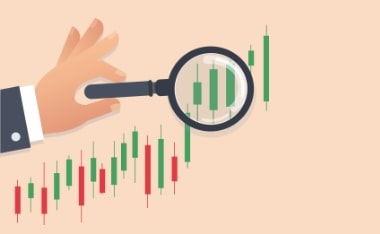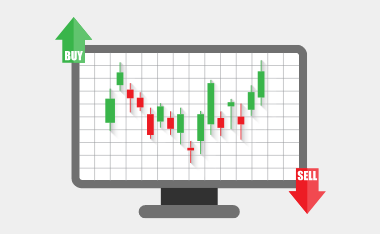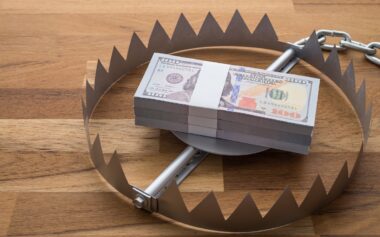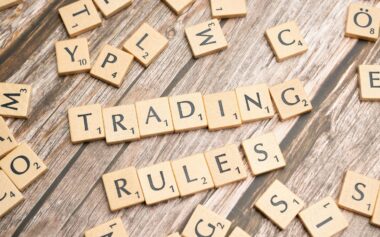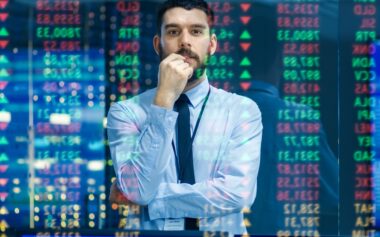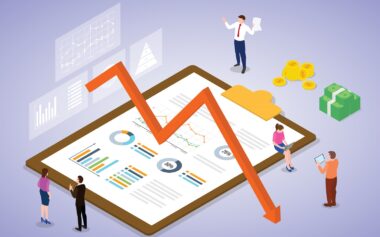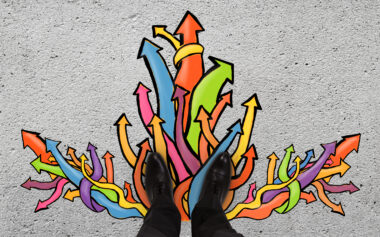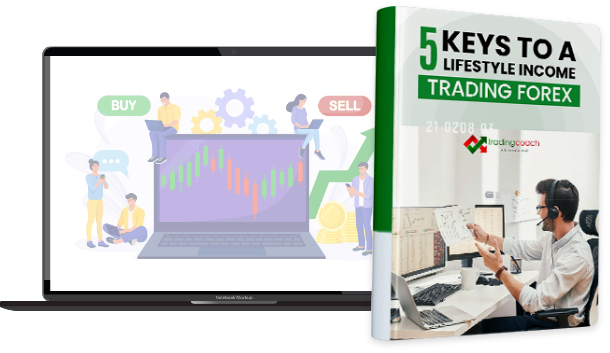How to Build Wealth in a Global Recession
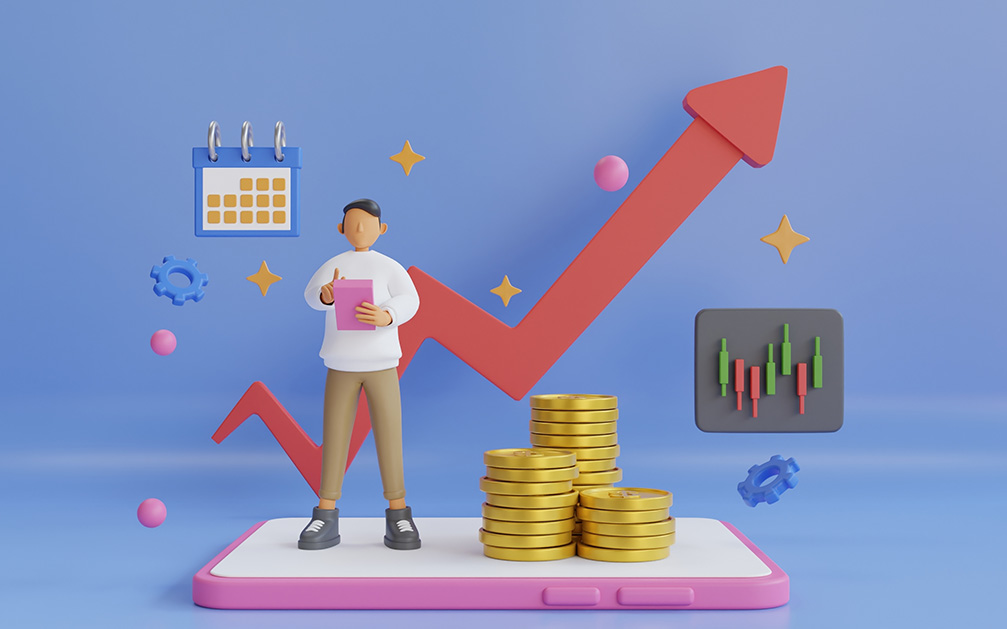
The impact of Global shortages in fuel, countries taking extreme measures to drag their economy into some form of economic normalcy and the crash of many businesses and the impact on availability of supply and employment have taken their toll on all the countries of the world.
Here in Australia we haven’t been completely immune to the flow on effect. The Reserve Bank has gradually hiked interest rates to bring some stability to the inflation rate and demonstrate to our Trading Partners that Australia is “open for business.
On a macro scale, these efforts are to bring balance and support growth as a country, but the effects on individuals is often overlooked and we’re told that we have to suffer for the “greater good”.
Easy to say, but what do you do to get your personal economy performing so that your financial future is secure and you don’t lose your home?
In June 2020 the coronavirus pandemic plunged Australia into its first recession in 29 years and we’re still trying to recover.So, what is a recession, how will it affect our daily lives and is it all Gloom and Doom?
What is a Recession?
If a government records two consecutive quarters of decline in Gross Domestic Product (GDP), then that country is technically in a recession.
The GDP is essentially a scorecard of a country’s economic health, measuring the value of all goods and services produced in Australia, usually over a three-month or 12-month period.Two consecutive quarters of decline in GDP make a recession.
Frydenberg announced on Wednesday the economy shrank 0.3 per cent in the January to March quarter – primarily because of the COVID-19 pandemic.
This was on the back of one of the worst bushfire seasons that Australia had seen, which had a devastating impact on the local economies that rely on tourism over the Christmas period.
The Covid-19 pandemic and freeze on non-essential travel meant that attempts to encourage tourism post-bushfire just didn’t happen.
The Treasurer warned that the April to June 2020 quarter will be “far more severe” – so there are the two consecutive quarters of GDP decline.
We are officially in a Recession. But what does that mean for you?
Employment & Businesses
There will be lot fewer jobs across the board – especially in industries that have been dramatically impacted by the lockdown – retail, hospitality, small enterprises related to those industries and those business not prepared for the last 3 months of no income.
Early in the pandemic, 1 million Australians became unemployed in only 3 months.
The main reason, of course is the coronavirus-forced social distancing rules that closed down hundreds of thousands of businesses across Australia in March.
According to the Australian Bureau of Statistics (ABS), the number of available jobs dropped 7.5 per cent between March 14 and April 18.The unemployment rate rose one full percentage point in April from 5.2 per cent to 6.2 per cent.
It’s a large number, but it isn’t anywhere near as severe as the 11.2% unemployment rate in 1992.
Now the economy is recovering and businesses (the ones that survived) have reopened, employers are finding a different challenge – getting employees to work for them and keeping their doors open.
Employment & Business Bad and Good News
It’s clear that the way businesses are operating post covid-19 lockdowns are dramatically different than before.
There are businesses and whole industries that have not only weathered the lockdown, but have pivoted, taking advantage of technology, at home work options and focusing on new products and services and will thrive in the new economic reality.
You might already be in one of those businesses, or about to embark on a program of reskilling to find your place in that new marketplace.
Home based employment and business opportunities are the way of the future. The number of people who have set up home based businesses, marketing their skills through platforms such as Fiverr and Upskill has boomed in the last 2 years.
People are finding they want to have the lifestyle PLUS the money. YOLO has become the catchcry of the workforce of the future.
This is bringing with it though a lot of competition. Sure you can make money online but now you’re competing with SO many more people that can do the job you do.
Taking stock of your skills, your experience, your passions and then building a home based income using those skills is the key and finding a different way that eveyone else to use these skills to build a strong income stream, or multiple income streams…
Niche Market Consultants, boutique online retailers that offer high quality products (especially Australian made), and home based investors and traders are the ones set to hit new levels of income, financial independence and security in 2022, 2023 and beyond!
If you don’t want to go through all the challenges of setting up a new business with the cost of buying stock, the hassles of marketing and the hair pulling frustration of finding out that your “unique” business has thousands, if not tens of thousands, of direct competitors that may be that little bit better at getting customers than you are… there are businesses out there that have virtually no “competition”, no trading stock to purchase, no marketing necessary and can make you as much money as you want in only a few hours a week.
More Information
For more trading term general definitions, visit our A to Z of Forex Trading
To look at these concepts in action, please visit our sister site, Latest Forex Rates
What to do Next
If you have more questions or need further guidance, don’t hesitate to reach out to us at The Trading Coach International for personalized coaching and support.
If you would like to learn more about trading forex profitably and what steps you can take next to get on the right track to build your Lifestyle Income From Trading, you can book an no obligation, Free Strategy Call with our Lead Trading Coach by clicking on THIS LINK
Disclaimer
The information, strategies, techniques and approaches discussed in this article are for general information purposes only. The Trading Coach International does not necessarily use, promote nor recommend any strategies discussed in this article. The information in this article may not be suitable for your personal financial circumstances and you should seek independent qualified financial advice before implementing any financial strategy. The Trading Coach International is not a financial advisor and does not have AFS registration.

